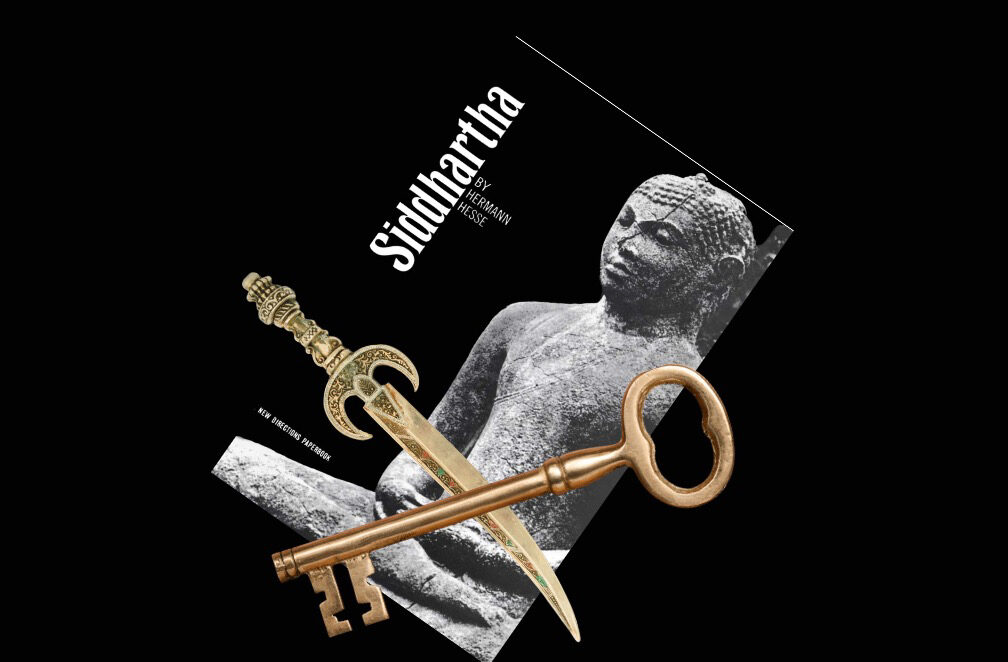
Making sense of the wars in Ukraine and Israel has been straining the minds. There is a sense of helplessness. The blow-by-blow depictions of the horrors inflicted on humans are a constant reminder, yet no answers have emerged of its irrationality. Past historical accounts provide little solace.
On top of that, in this age of hyper-connectivity, the pressure to make an impression on others is ever-present. I respond thoughtfully to every text message and email— a more casual approach appears insufficient.
Also, the desire to broaden my horizons through new social connections competes with the demands of daily life. The pursuit of personal aspirations is time-consuming. At the age of 73, I still feel like I am trying to win a high school popularity contest.
Young or old, professionals or not, we face challenges of how to make readjustments with ourselves and others at each juncture of life.
In mid-October, when I was invited to deliver a talk in Austin, I narrated my story of how I juggled my life as a mother and CEO of a public company — to inspire other women. But then I was asked how, amid the frenzy of making my company successful, I found time to slow down and reflect.
I said that when things didn’t go the right way, I instinctively pressed my “pause and reflect” button. In real life, I still experience the need to overcome my constant thirst for popularity. In this madness, I have inconvenienced others and embarrassed myself by overscheduling. I am unable to measure up to my own standards and tend to bite off more than I can chew. My previous organizational skills have not been helpful.
“A Book That Changed How I Think” published in The Atlantic comes to mind: “The right book read at the right time can alter not just what you think, but how. The effect can feel like putting on a new set of glasses: Everything remains the same, but you view reality with sudden clarity.”
I am in search of more satisfying answers. Poet and philosopher Hermann Hesse’s novel Siddhartha — written more than 100 years back — has lent help. Last year I picked up this book, from the world’s largest bookstore, Powell Books, of Portland, Oregon. This month I went there again to play bridge and spent a full day in there.
Siddhartha is the story of a Buddha-like character’s inner struggles. The book had taken me on a journey when I read it last year. I was tormented by the story and could not put it down. But then in the end came relief. It ended up a bit beyond my comprehension. It has taken a while for its messages about wisdom to sink in and it will take even longer for me to put them into practice.
Hesse’s messages are timeless and profound but far from simple.
The book served as a reminder of how I have ignored similar messages from the people in my life. One such person was my mother — the Buddha I didn’t recognize — who had her own journey. She was a stay-at-home mother who never took credit for her work, endured everything that came her way, and did not think twice about setting me on a path walked mainly by men.
My long-time assistant Veronica, whose wisdom is far beyond what can be gained through education, listens and learns like Vasudeva in Siddhartha. She is an ordinary person — like you and me— but bolder and more practical than most.
From Veronica, I get the courage to stand tall.
Straightening out the mind is a challenge every day, every week, and every year. Siddhartha has given me the nudge that I need. Hesse states that “knowledge can be communicated in words but not wisdom.” There is a lot to learn from that sentence.
So, what is knowledge?
According to Hesse, knowledge is “knowing and understanding the world. ..the eternal chain, linked…by cause and effect.”
What is wisdom? Though it isn’t explicitly defined in Siddhartha, I concluded that wisdom is the framework within which when we operate, all our past experiences come together, and life becomes easier to navigate.
I continue to seek answers and do not want to get hijacked by any one thesis.
My colleague Ed Baker served as the chair of the Mathematical Institute when I joined its board. He ran the board meetings with inclusion, openness, and tightness. At his retirement dinner earlier this year, I was fortunate to be seated next to him. When I complimented him on how effectively he ran the meetings, he casually remarked “I have no ego.” As he uttered those words, his face reflected calmness and self-control. His words stuck in my head almost like Hermann Hesse’s wisdom. But its practice is difficult — very hard.
The other messages in the book, about spirituality, salvation, and righteous living (avoiding evil), were lost on me.
However, Siddhartha has many practical and appealing conclusions. Hesse ends with how experiences cannot be translated into words. Our expressions are very revealing and cannot be faked — unless well-rehearsed. The twitch on our lips, the tension of more than 30 facial muscles, and the expressions of our eyes give it away. We know exactly when a person is being pompous, egoistic, or extracting.
I conclude that wisdom is a state of self when words do not have to be curated to connect with others; they just flow.
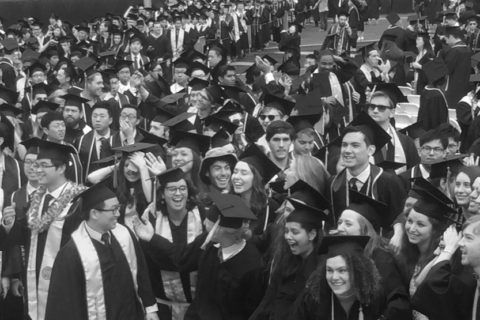

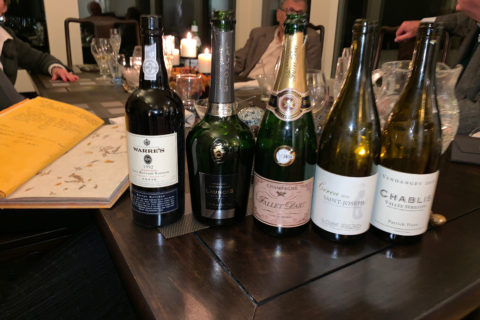
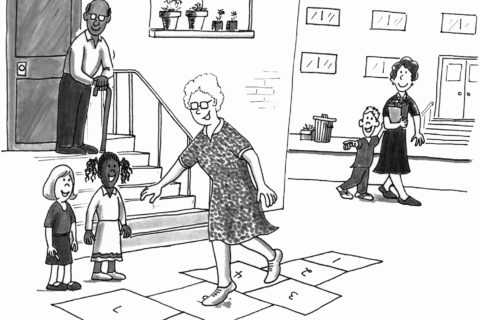
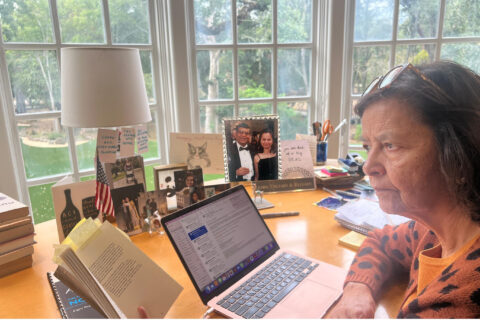
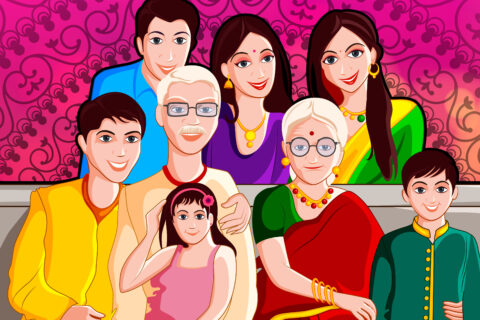
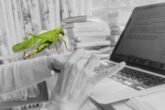
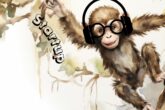
David Caprera
I just want to say what you are doing is good. Please keep it up.
Bharati Ahuja
Love the concluding lines: "I conclude that wisdom is a state of self when words do not have to be curated to connect with others; they just flow." Very true!
Vijay Gupta
Knowledge is easier to understand, but wisdom is more elusive. Knowledge comes from the processing and assimilation of information. Wisdom comes from experience and contemplation.
Wisdom is knowing what is worth knowing (and doing) and what is not. Wisdom looks at the bigger picture, both in space and time.
Wisdom includes understanding not only of the external world, but also of one’s inner world. It is knowing what motivates you, what inspires you, what makes you truly happy. And why.
Wisdom tames the ego. It brings humility. It tempers the endless pursuit of worldly success in the form of money, status, and fame. Mere knowledge often does the opposite.
Hemant Lall
Another thought-provoking article, Vinita.
Like Vinita, both my son and I played competitive bridge. I noticed he used brute force techniques to determine the best line of play, given many alternatives. With age, my mind isn’t as quick. I rely more on experience – or is that wisdom? I will let Vinita answer that question!
vinitagupta
Good to hear coming from a pro. I experience the same phenomena, but have no comparisons like your brilliant son Justin. The bridge world will remember him for decades to come.
Diana Bell
Thank you for reminding me to revisit Powell’s Books in Portland! I love that place. And, thank you for inspiring me to re-read Sddhartha; it has been too long . . ,
With gratitude, Diana
SREEDHAR
Very helpful! The most important comment is" at the age of 73, I still feel I am a High School contestant! Gives us the message"never give up"
Abha Shukla
Another great article written with curiosity and humility. Thank you!
Chandru Bhambhra
“ On top of that, in this age of hyper-connectivity, the pressure to make an impression on others is ever-present. “
Very true 🙏
Vish Mishra
Dear Vinita,
Congratulations again on a beautiful piece! Please continue to share your wisdom and insights. Love reading them.
Best Wishes, Vish